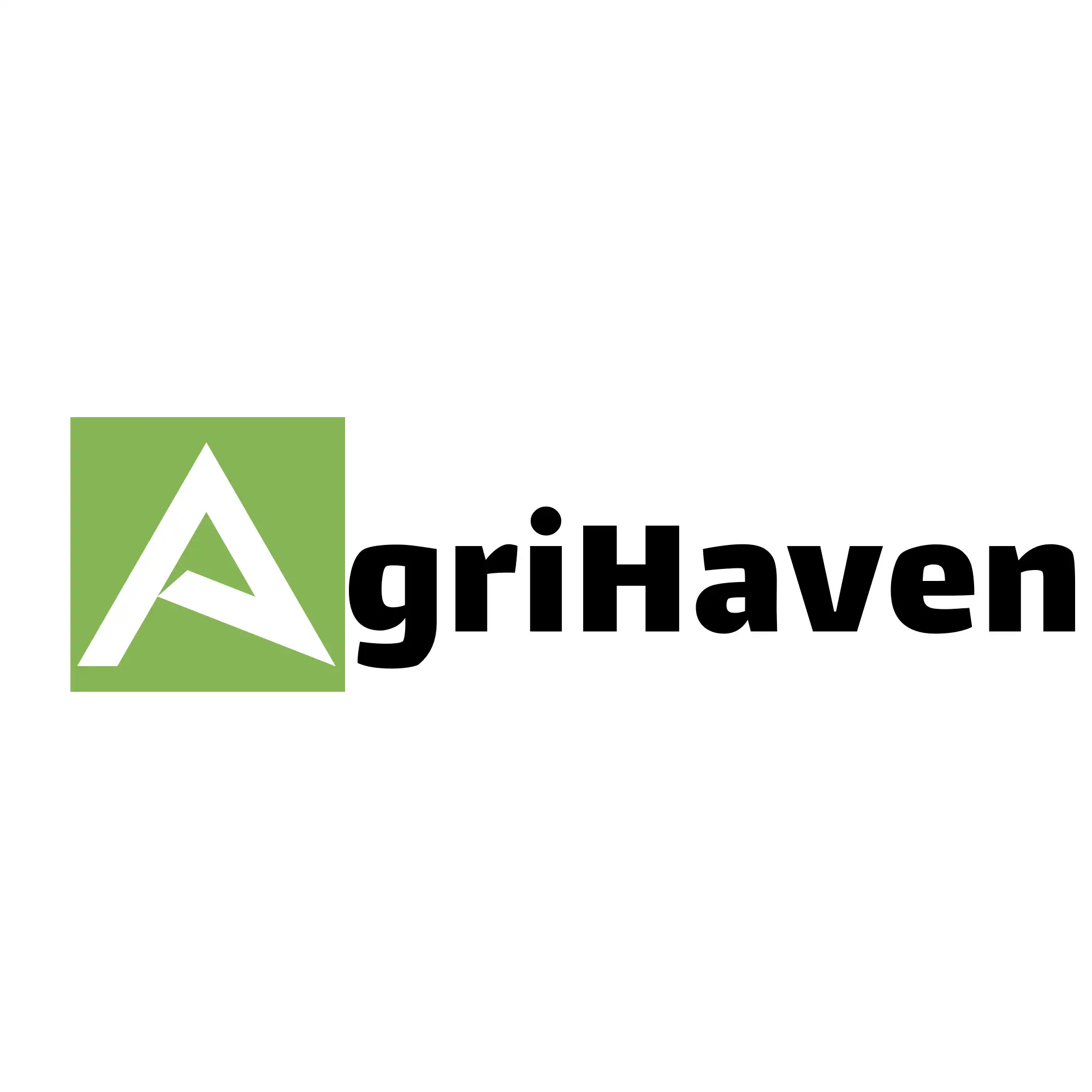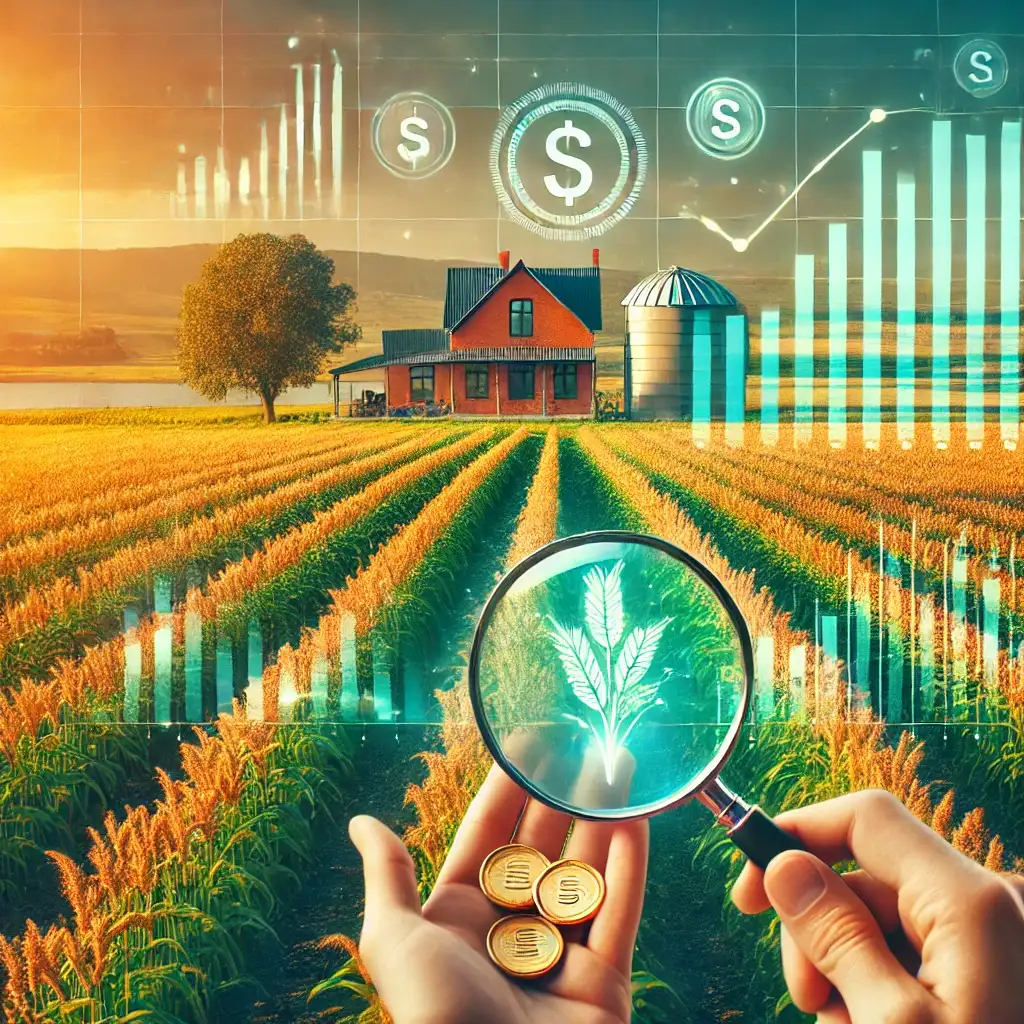 Brian G. Philpot, JD
Brian G. Philpot, JD
09 Jun 2024



03 Feb 2025
Investing in a farm can be a profitable and sustainable venture, but it requires careful planning and due diligence. Here are key things you should know before investing:
1. Understand the Type of Farm Investment
There are different ways to invest in farming, including:
• Buying Farmland – Purchasing land to lease to farmers or operate yourself.
• Farmland REITs & Funds – Investing in real estate investment trusts (REITs) or agricultural funds.
• Crowdfunding & Online Platforms – Platforms like AgriHaven.farm allow investors to buy shares in farmland, livestock and planting
• Agribusiness & Value Chains – Investing in food processing, logistics, or agri-tech companies.
2. Location & Land Quality Matter
• Soil quality, water availability, and climate significantly impact productivity.
• Consider proximity to markets, transportation, and infrastructure.
• Conduct land title verification to avoid legal disputes.
3. Cost & Financial Planning
• Land prices, maintenance, taxes, and operational costs must be factored in.
• Some farms require large capital, while others can be accessed through fractional investments.
• Check for financing options like agricultural loans and government subsidies.
4. Risks & Market Fluctuations
• Weather conditions, pests, and diseases can affect yields.
• Market demand and commodity price fluctuations impact profitability.
• Diversifying crops or investing in multiple farms can reduce risk.
5. Legal & Regulatory Considerations
• Check local land ownership laws, zoning regulations, and environmental policies.
• Some countries restrict foreign ownership of farmland.
• Ensure contracts with tenants or farm operators are legally sound.
6. Sustainable & Smart Farming Trends
• Organic and regenerative farming is gaining popularity.
• Technology like precision farming, automation, and AI can boost efficiency.
• Climate-smart practices can improve long-term farm value and sustainability.
7. ROI & Exit Strategy
• Farms generate income through lease payments, crop sales, or land appreciation.
• Be clear on your investment timeline—farmland investments are often long-term.
• Have an exit plan, whether selling the land, passing it on, or reinvesting profits.
Conclusion
Investing in a farm can be highly rewarding, but success depends on research, strategy, and risk management. Platforms like AgriHaven.farm simplify the process by offering curated farm investment opportunities.
Would you like recommendations based on your budget or preferred region?
 start growing your money.
start growing your money.